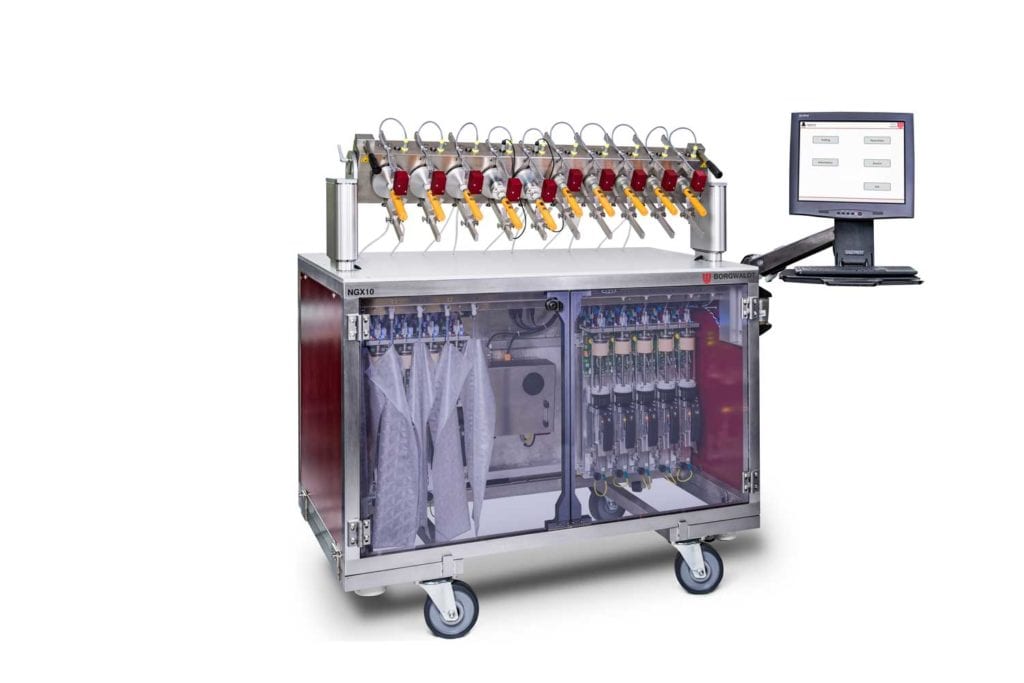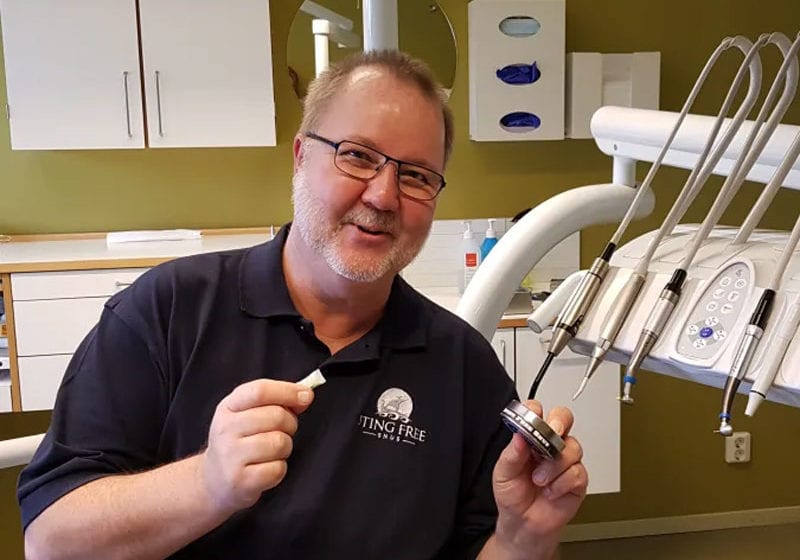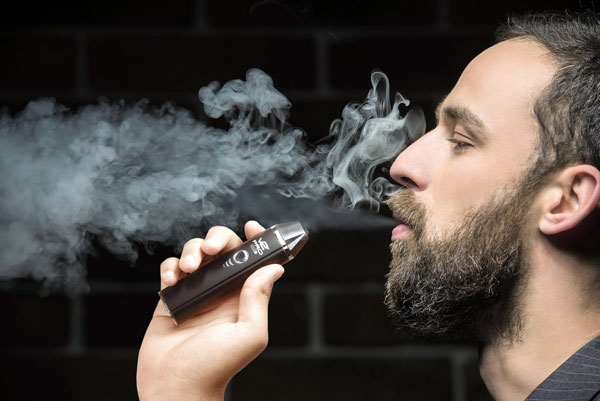 Kaival Brands Innovations Group reported significant revenue and profitability milestones in the quarter ended Jan. 31, 2021. The company achieved a cumulative $100 million in revenues since it commenced business operations in March 2020, despite revenue slowdowns during the fourth quarter of 2020 due to packaging and labeling updates.
Kaival Brands Innovations Group reported significant revenue and profitability milestones in the quarter ended Jan. 31, 2021. The company achieved a cumulative $100 million in revenues since it commenced business operations in March 2020, despite revenue slowdowns during the fourth quarter of 2020 due to packaging and labeling updates.
During the fourth quarter of 2020, the company and Bidi Vapor made the decision to wash out inventory and repackage the entire product line in an effort to go “above and beyond” U.S. Food and Drug Administration packaging and labeling guidelines.
First quarter 2021 revenues were $37.3 million compared to revenues of $0 in the first quarter of 2020. “Given the significant expenses associated with infrastructure, startup costs, marketing, legal and many other business necessities, we are proud of our ability to reach profitability so early on in our development,” said Niraj Patel, Kaival’s president and CEO, in a statement.
“The gross profit number provides a glimpse into our future net profits as we continue to scale the business in a smart and efficient operational manner.”
The gross profit number provides a glimpse into our future net profits as we continue to scale the business in a smart and efficient operational manner.
Niraj Patel, president and CEO, Kaival
From a revenue perspective, February and March have benefited from the company’s new distribution partnerships as well as the rollout of the Bidi Pouch. As such, the company expects revenues to increase during the second fiscal quarter ending April 31, 2021. “Given our current visibility, we remain very confident in our full-year fiscal 2021 revenue guidance of $400 million to $450 million,” Patel said.




















